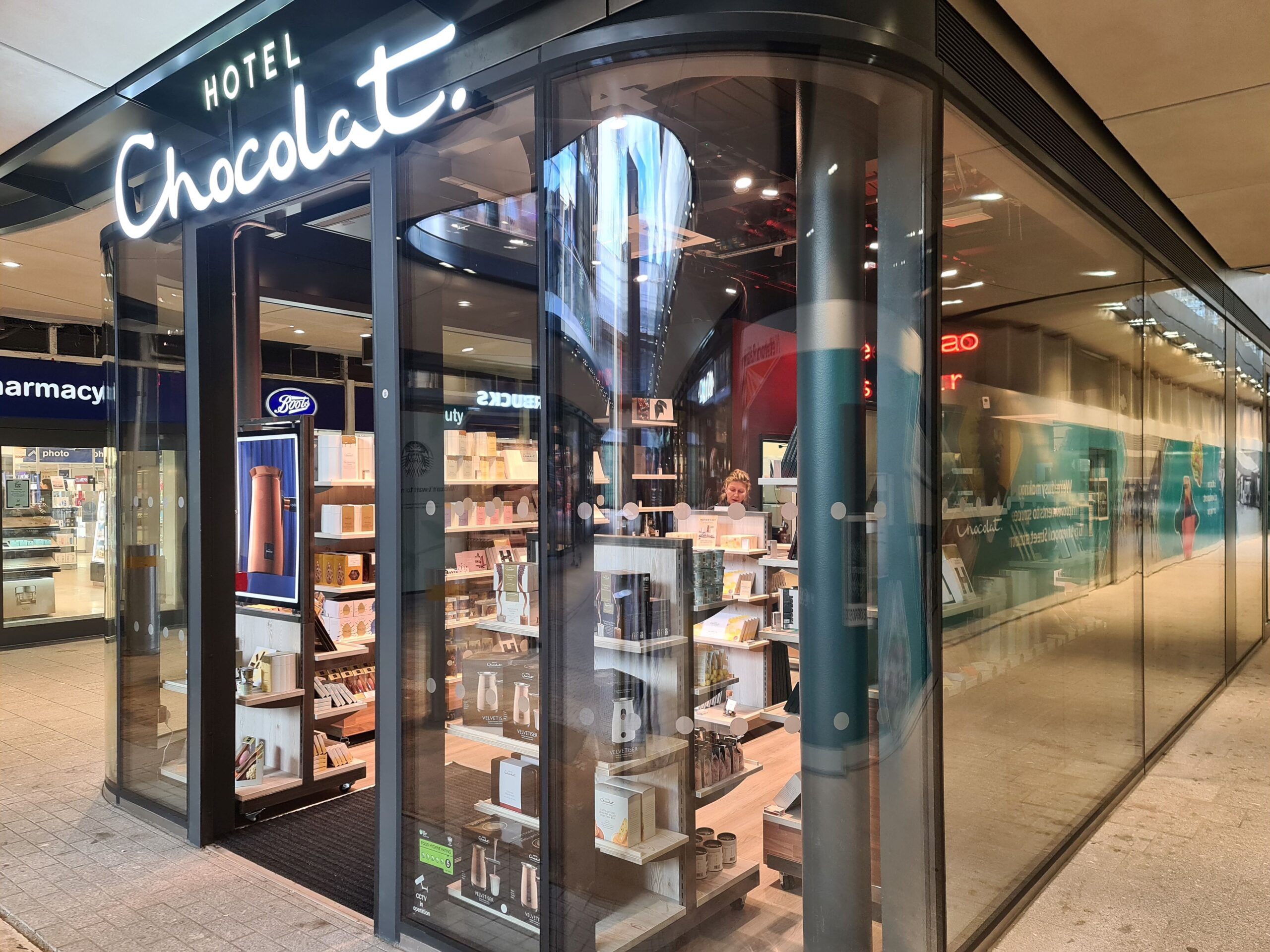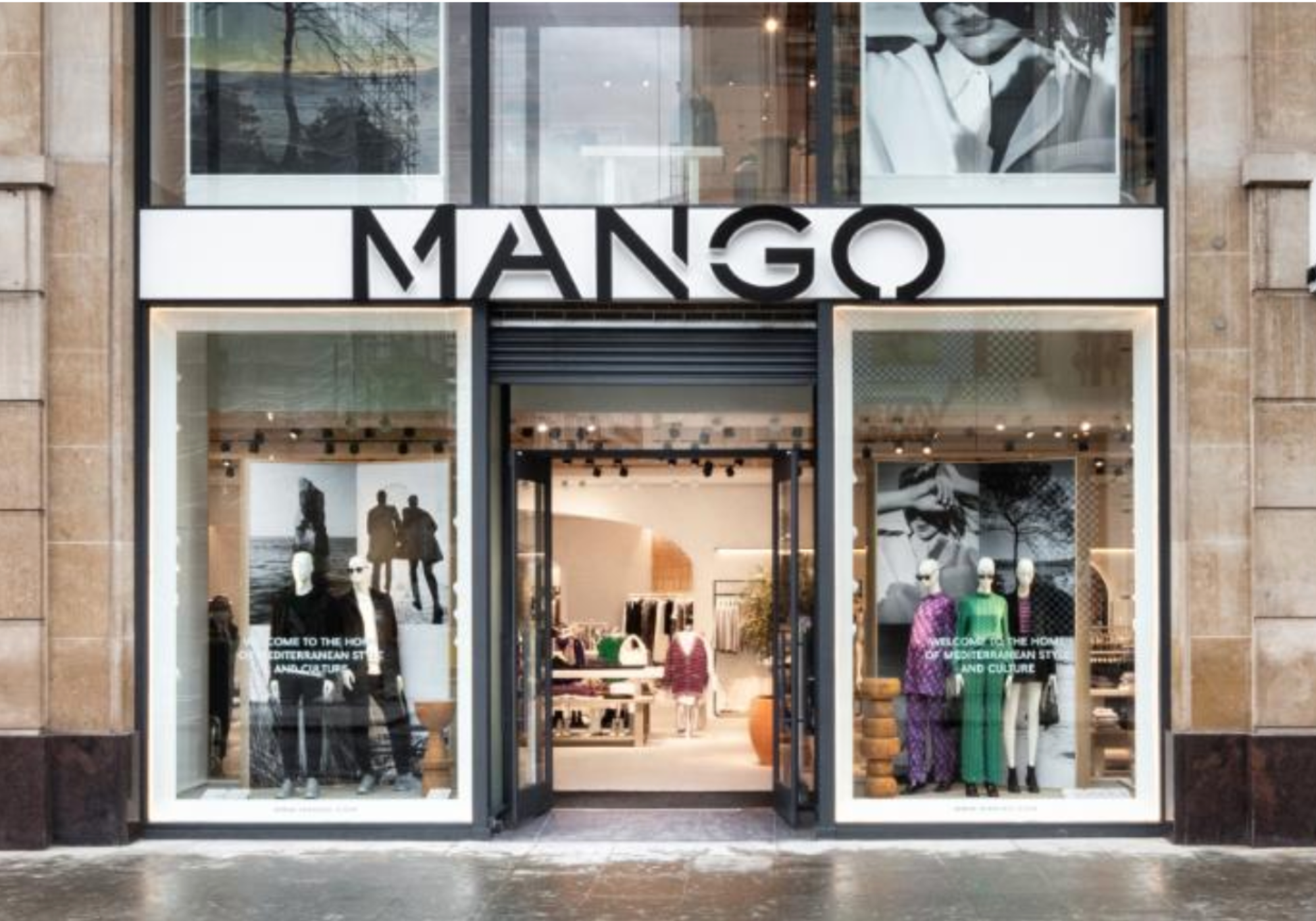Department store retailers must adapt quickly if they want to survive. That’s the warning following new research that suggests the UK has lost 83% of its department stores in the five years since BhS closed down in 2016.
CoStar analysis tracked retailers including Debenhams, House of Fraser, John Lewis, Beales and Dunnes, and found that between them they had 467 shops in 2016. By July 2021, there were only 79 left. Of the 388 that have closed, 151 have been relet and 237 are empty, with just 52 having firm plans or planning permission for a change of use.
CoStar Group head of analytics Mark Stansfield told the BBC: “We are increasingly seeing forward-thinking real estate owners getting ahead of the problem and reshaping what are key assets in our town centres to provide a focal point for regeneration. I think we’ll see many more plans come to light in the coming months. With these store closures come new opportunities.”
The fall in the number of bricks and mortar department stores has come as much of their business has shifted online. The sector was among the first to see high levels of business taking place online and the latest ONS Retail Sales figures suggest that has continued, with 28.2% of department store sales online in July 2021.
Debenhams and House of Fraser have both gone into administration in recent years. House of Fraser was bought out of administration in 2018 by Sports Direct, now renamed Frasers Group, and continues to operate from a reduced number of sites. When House of Fraser was saved, it had 59 shops, 31 of which had previously been earmarked for closure. Today it has 44 shops.
The department store sector has lost further ground during the Covid-19 pandemic, which pushed Debenhams out of business in 2020, for the second time in a year. Its online business was subsequently bought, in January, by Boohoo Group, and its 118 stores have since closed.
Since the start of the pandemic John Lewis has cut its stores from 50 to 34, as it pivoted towards a digital-first business that is working to find new ways – beyond stores – to get close to customers.
Now Fujitsu retail and hospitality development director Paul Kirkland is warning that those department store retailers that are still standing must adapt in order to survive.
He says: “News that the UK has lost the majority of its department stores should come as no surprise to a retail sector still in turmoil– after all, the most successful empires are now built online instead. Department stores can no longer rest on their laurels and, in order for growth, they need a shift in their business offerings, such as a move into new channels. This will not only help them to retain the customer base they do have – but attract a new one altogether. Here, with the right omnichannel mix they can still thrive across stores, online and invest in the right blend of people, fulfilment, logistics and supply chain infrastructure. If customers are confident that in-store offerings will mirror the online, it will satisfy them at every touchpoint. After all, choice has never been so important.
“With the pandemic causing a rapid transformation in the retail sector, displaying how over a hundred years of trading can have an overhaul in 18 months, now is the time for department stores to devise an agile approach to drive footfall and sales in the ‘new normal’ – failure to do so could lead to department stores becoming a topic for history books.”







